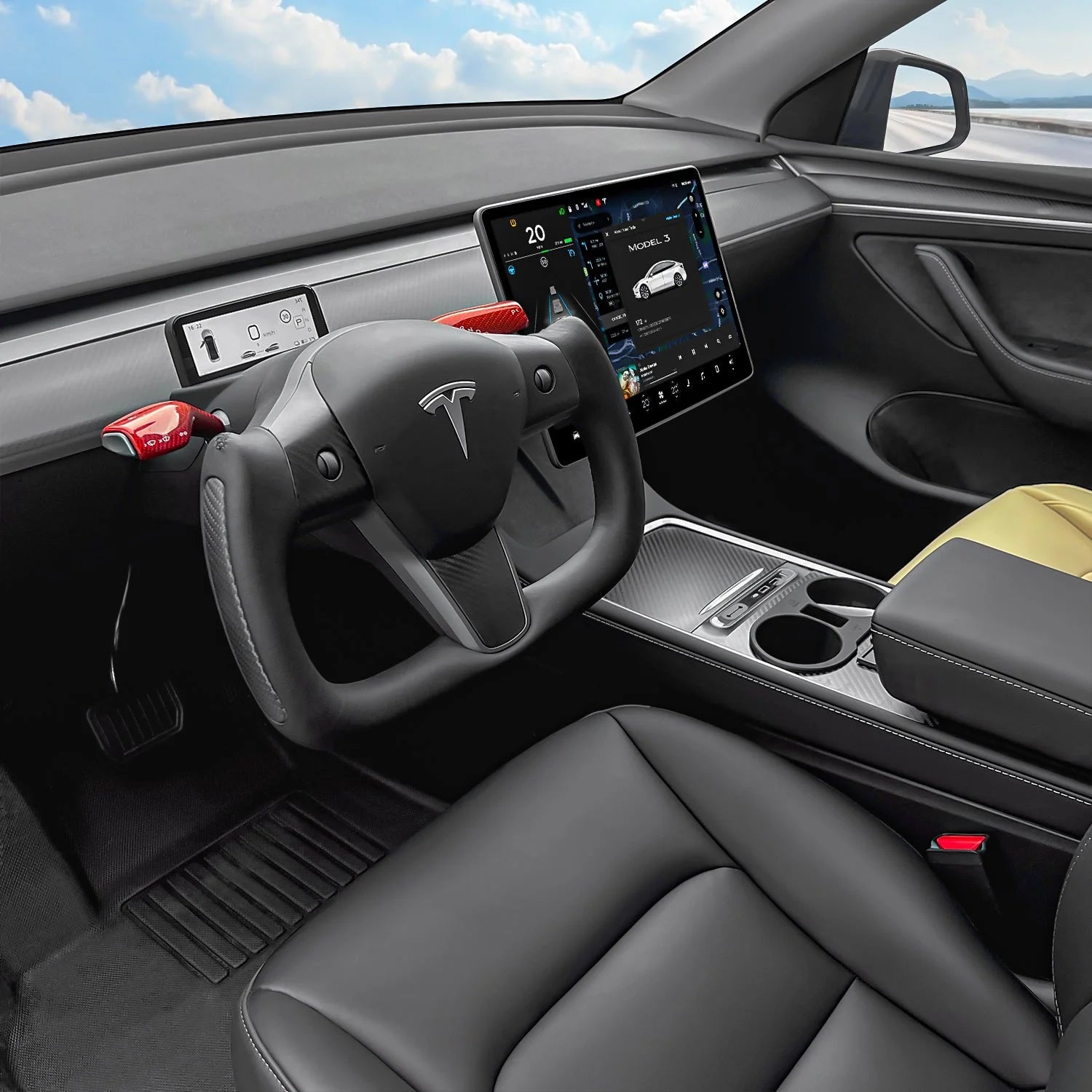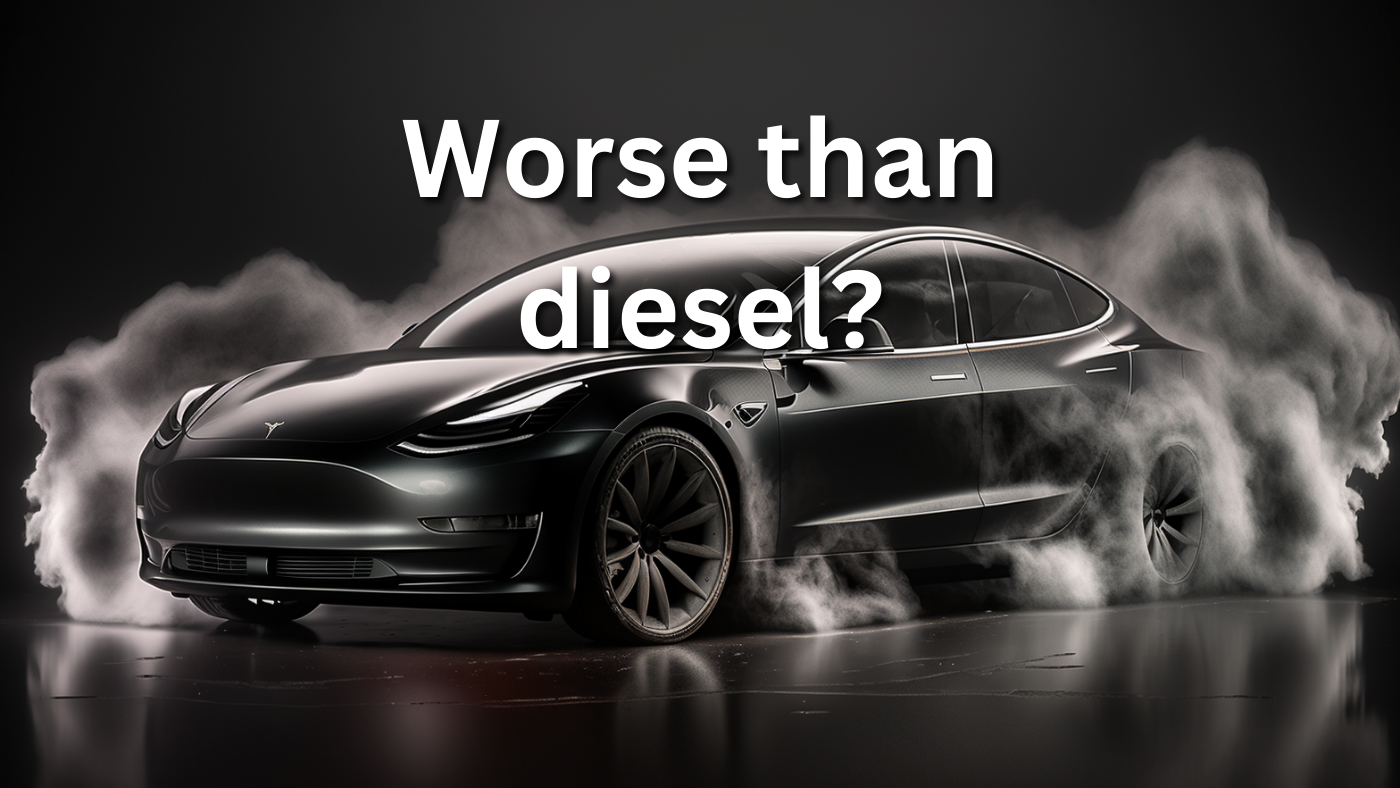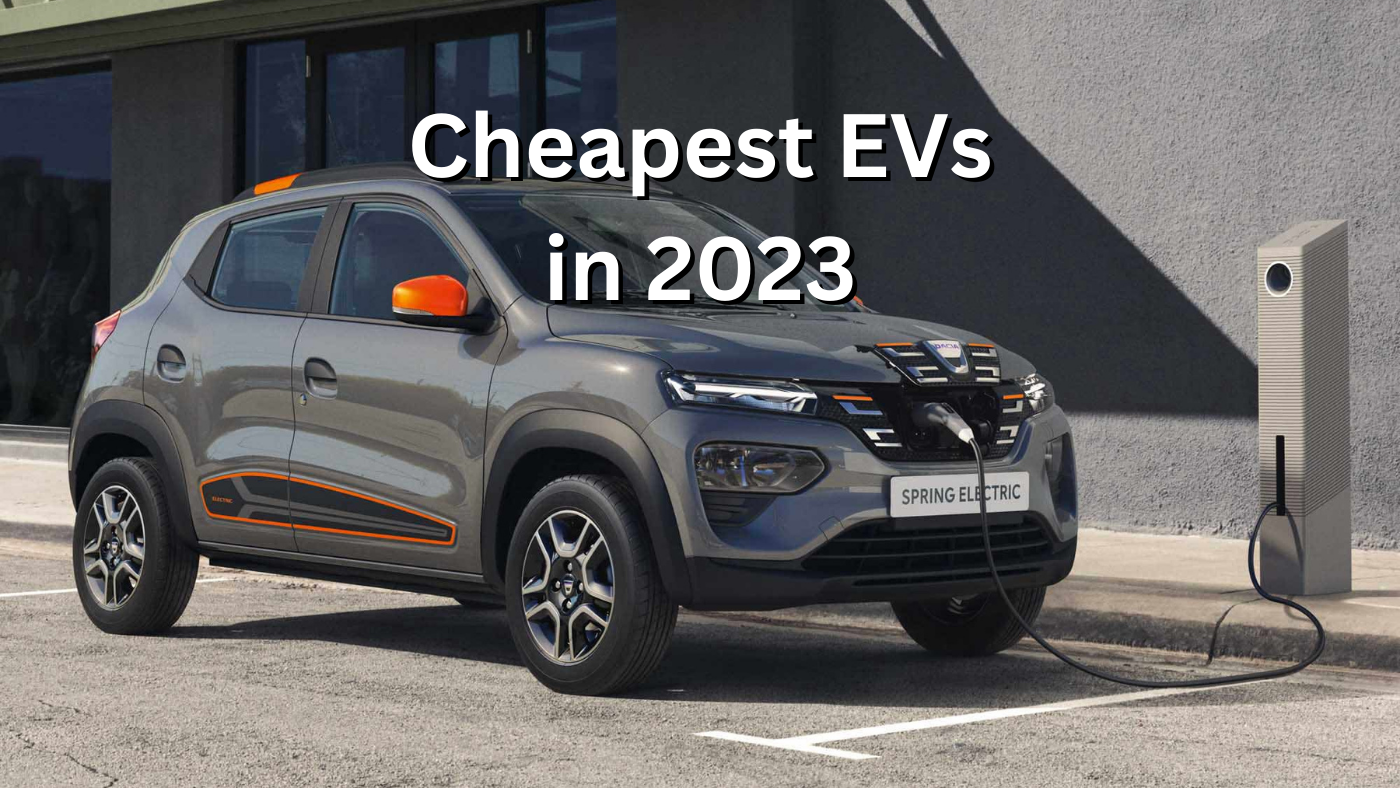As the world continues to grapple with the adverse effects of climate change, there has been a growing push for eco-friendly alternatives in various sectors. The automobile industry has not been left behind, and electric cars are increasingly becoming popular as a cleaner alternative to traditional petrol/diesel cars. However, with their growing popularity, there have been concerns about their actual environmental impact. In this article, we will explore whether electric cars are genuinely a green alternative.
The article will cover the following topics:
- Is the battery production a dirty process
- What kind of energy do you use when you charge your EV
- How to use cleaner energy while charging
- Are the batteries recyclable?
The production of electric car batteries is a complex process that involves the extraction and processing of raw materials such as lithium, cobalt, and nickel. These materials are mined and processed, which can have severe environmental consequences. For instance, lithium mining in countries such as Bolivia and Chile has led to water scarcity and contamination, while cobalt mining in the Democratic Republic of Congo has been linked to child labor and human rights abuses.
Moreover, the manufacturing process of electric car batteries is energy-intensive and produces a significant amount of greenhouse gas emissions. According to a study by the Swedish Environmental Research Institute, the production of a mid-size electric car battery results in 150-200 kg CO2 emissions per kWh of battery capacity. Therefore, while electric cars may not emit greenhouse gases while in use, their battery production process does have environmental consequences.
Charging of the Electric Car.
Charging an electric car using green energy sources such as solar or wind power can make it a cleaner alternative to traditional petrol/diesel cars. However, the actual environmental impact of charging an electric car depends on the source of the electricity used.
For instance, charging an electric car using electricity from a coal-fired power plant can be just as harmful to the environment as driving a petrol/diesel car. On the other hand, charging an electric car using electricity from a renewable energy source such as solar or wind power can significantly reduce its carbon footprint. Unfortunately, many companies offering public charging do not disclose their source of energy. This makes it hard for the customers to choose and most of the EV owners pick charging stations based on location, power capacity, etc.
How can you reduce your footprint from home and on the go?
Charging an electric car using solar panels or other green energy sources is becoming increasingly popular. Installing solar panels on your property can help you charge your electric car with clean energy, reducing your carbon footprint significantly. In the United States, Tesla already offers installing solar panels on house roofs. This is one way to create an independent source of energy for your EV. It also guarantees you that you are using renewable energy to power your electric vehicle. Additionally, there are now charging stations that use renewable energy sources such as solar and wind power to charge electric cars. These stations can help reduce the environmental impact of electric cars significantly.
What Happens When the Car Is Scrapped: Are the Batteries Recyclable?
Electric car batteries are recyclable, and the recycling process can recover up to 95% of the battery's materials. However, the recycling process is still in its infancy, and most of the electric car batteries currently in use end up in landfills. This presents a significant environmental challenge, as the batteries can leak toxic chemicals into the soil and groundwater, leading to environmental pollution.
In conclusion, electric cars are a cleaner alternative to traditional petrol/diesel cars when charged using renewable energy sources. However, the production process of electric car batteries has environmental consequences that cannot be ignored. Therefore, it is essential to adopt sustainable practices such as recycling electric car batteries and using renewable energy sources to reduce the environmental impact of electric cars. At EVniculus, we are committed to promoting sustainable practices in the automobile industry, and we believe that electric cars can be a significant step towards a greener future.




